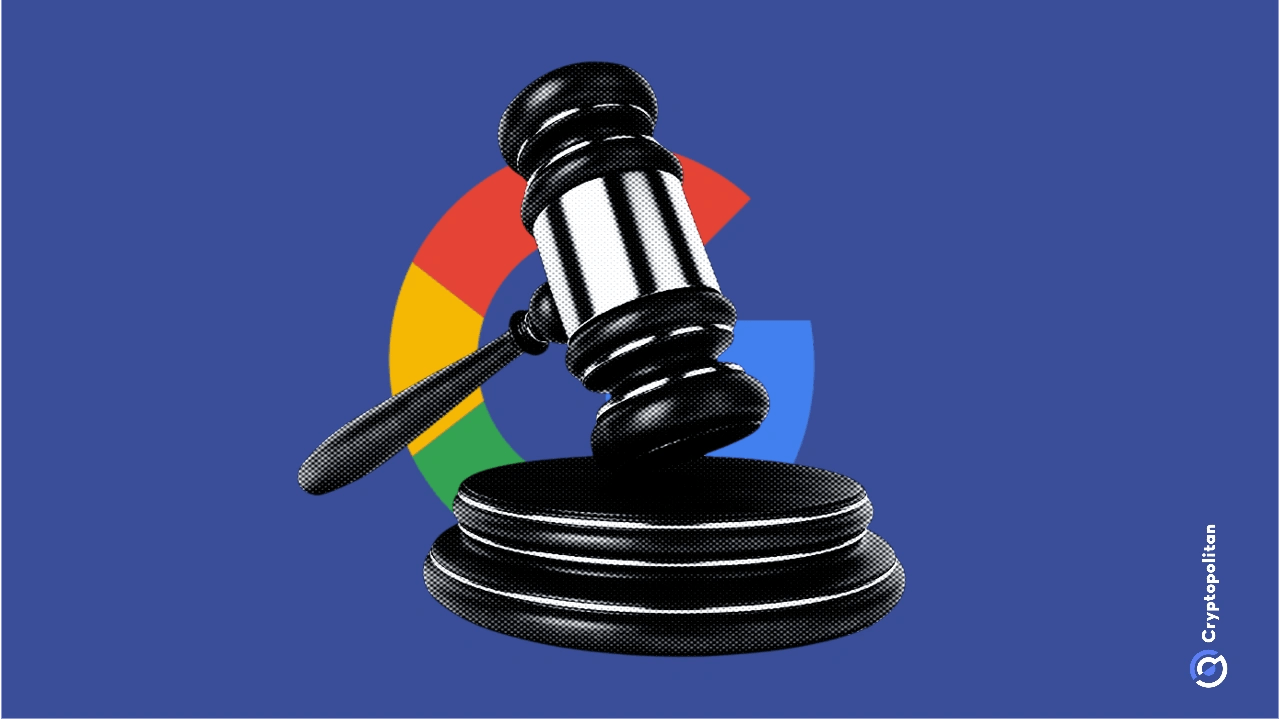Judge Leonie M. Brinkema of the U. S. District Court for the Eastern District of Virginia spent much of Friday hearing closing arguments on proposed fixes to Google’s ad-tech monopoly. She signaled that she’ll likely hand down her ruling in 2026. “Time is of the essence. I am concerned about the timing of all this,” she said, noting that if Google challenges her ruling, it could slow down any sale. Whereas a conduct order, she added, could be enforced right away. Google suggested the court impose behavioral limits The lawsuit, brought by the Department of Justice, together with a coalition of states, asserts that Google dominates the entire system that serves ads on websites. Each time a web page loads, Google runs an auction for the ad space, processing 8. 2 million requests per second. The government claims that the company exploits its dominance in this field to capture a larger share of the transactions. Judge Brinkema in April had ruled that Google had monopolized publishers’ tools and transaction software, but made the further distinction that the government couldn’t yet prove Google’s monopoly on ad-buying tools for advertisers. The Department of Justice, however, has asked Judge Brinkema to compel Google to divest its ad-exchange technology and provide specific data-such as the code for the tools publishers use to sell ads. Google, meanwhile, has proposed a much narrower fix. It proposed changes to certain aspects of its operations to help level the playing field. It also offered to share more auction data with publishers and make its platform more compatible with rival tools. The judge has been listening to arguments on both proposals over the past few months. At a May hearing, she inquired whether forcing Google to divest its ad exchange would address the issue of monopoly. But in September, she sought to determine whether court-ordered behavioral limits would be sufficient. She also inquired during the Friday hearing about the duration of the divestiture recommended by the government. To which, DOJ lawyer Matthew Huppert said that they would be pushing for a swift appeal, and the sale could take place within 15 months. She was also concerned that the DOJ had not found a potential buyer, and said that a company like Microsoft could create its own antitrust problems. Still, she said, in her next ruling, she will have to address the central question of whether a breakup should be mandated. If she mandates a breakup, it would be the first of its kind in this digital age. Bloomberg Intelligence antitrust expert Justin Teresi, after reviewing the hearing, however, said that a forced divestiture seems improbable; he noted, however, that the judge may impose more behavioral remedies than Google suggested. Judge Mehta ruled against the Chrome browser divestiture Earlier this year, Google received a reprieve when a court rejected calls to divest its Chrome browser in a separate antitrust lawsuit related to its search monopoly. The court opted for some data-sharing modifications and other minor adjustments, resulting in a win for the company. In his 223-page ruling, Judge Mehta required Google to give select search data to “qualified competitors,” contrary to the DOJ’s request for a broader sharing mandate. The judge also limited the payments Google makes to secure top placement for its search engine in browsers and on smartphones. Though he did not ban the payments completely, he rejected the request to force a Chrome divestiture. The U. S. government has recently been cracking down on tech companies as part of an effort to curb their power. While it initially scored major victories in its lawsuits, it has faced several setbacks more recently. For instance, this week, a court ruled that Meta did not unlawfully suppress competition by buying Instagram and WhatsApp. Join Bybit now and claim a $50 bonus in minutes.
https://bitcoinethereumnews.com/finance/judge-expresses-caution-over-dismantling-googles-advertising-operations/
Judge expresses caution over dismantling Google’s advertising operations


